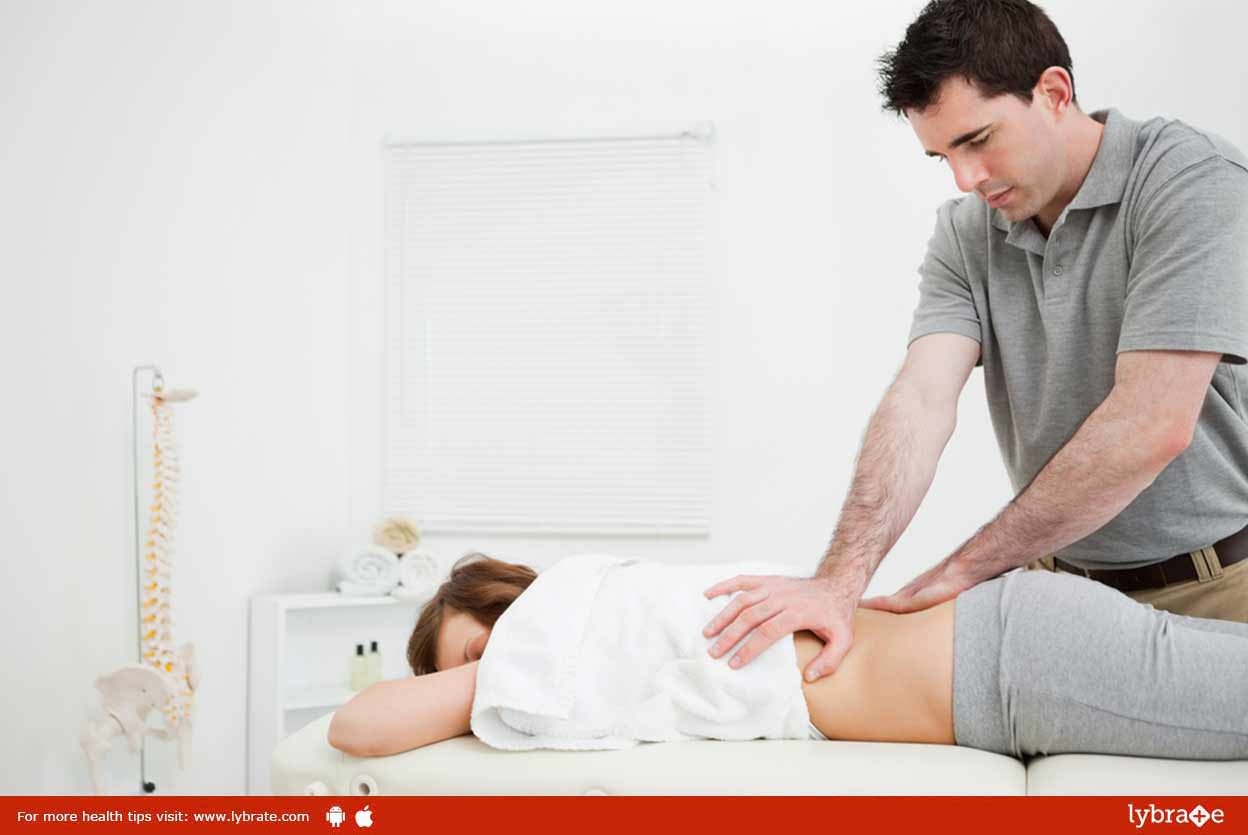By Dr. Shameem Ahmed , Neurosurgery
Herniated disk occurs when there is a problem with the rubbery disk that cushions the vertebra in the spinal cord. It is also known as ruptured disk where the soft jelly like substance is pushed out from in between the vertebra. This disorder can cause irritation of the adjoining nerves, leading to intense pain. In some cases, a person may not experience any symptom at all…
The symptoms of a herniated disk are:
- Weakness: The muscles which are connected to the affected nerves get weakened; this impairs the ability to function fully.
- Pain in the arms and legs: If the disorder develops in the neck, then the affected areas will be the arms and the shoulders. If the disorder develops in the lower back, then you might experience pain in the calves, thighs and the buttocks.
- Feeling of Numbness: You may experience a feeling of numbness all over your body.
Causes-
The cause, normally, is the usual wear and tear in the body due to ageing. Ageing causes the water content in the spine to reduce, thus reducing flexibility and making them prone to rupture and tear. In some cases, lifting heavy loads with improper form, may lead to a herniated disk.
Treatment-
Treatment for herniated disk involves medications to reduce the pain. Muscle relaxers and nerve pain medications are usually recommended. Physiotherapy may be used to minimize pain in the affected area. Various methods such as heat and ice application or electrical stimulation may be employed. If all other modes of treatment fail, then surgery is the last resort to rectify the problem.








































